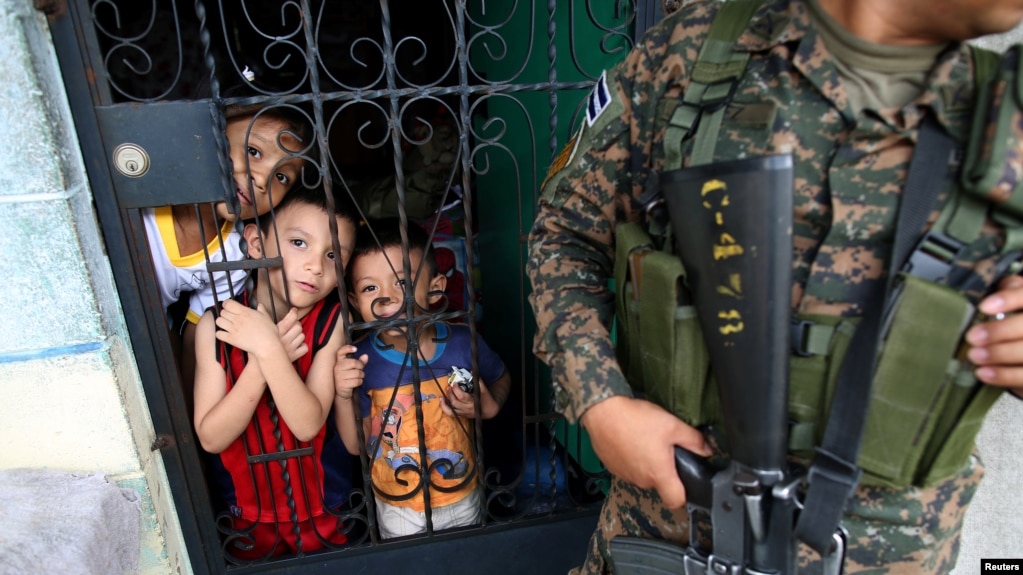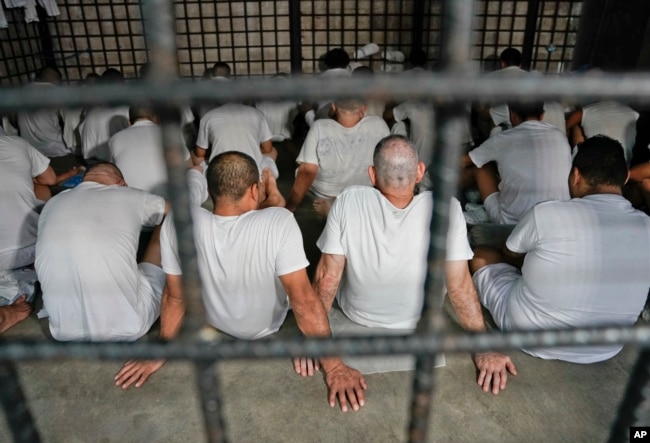Douger
Rookie
- Banned
- #1
Did you know that up to 25% of gang members use illegal drugs ?
No wonder these groups are so psychotic, violent, and out of touch with reality.
Their " initiation" process is a disgustingly intense level of brainwashing, giving them delusions of grandeur..
Police Juice Up on Steroids to Get 'Edge' on Criminals - ABC News
No wonder these groups are so psychotic, violent, and out of touch with reality.
Their " initiation" process is a disgustingly intense level of brainwashing, giving them delusions of grandeur..
Police Juice Up on Steroids to Get 'Edge' on Criminals - ABC News




